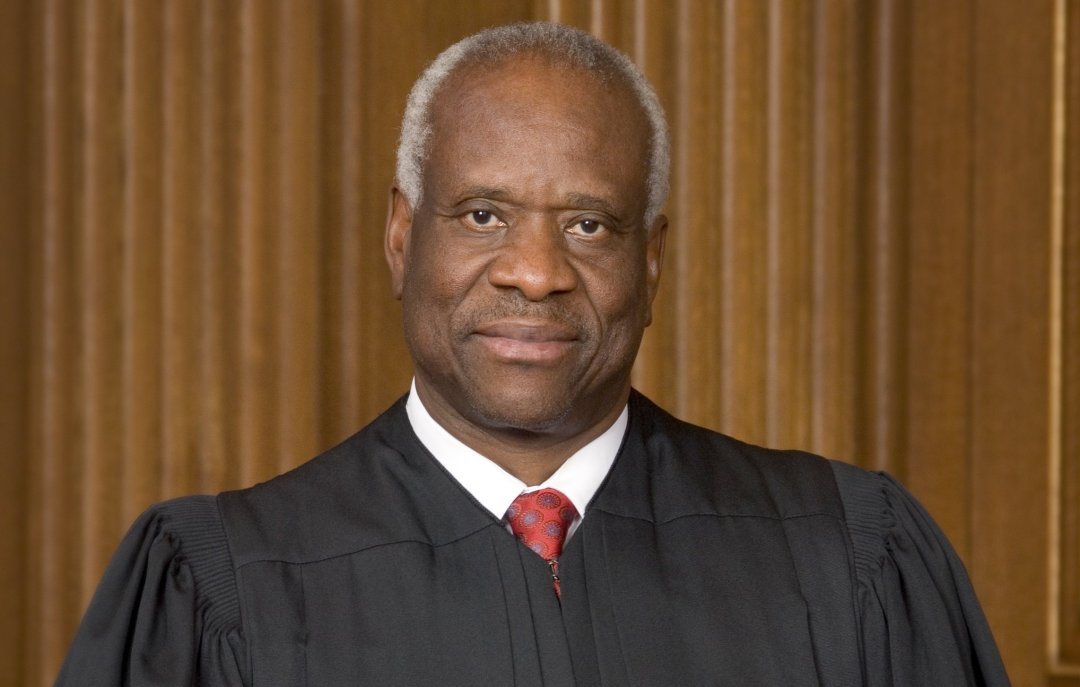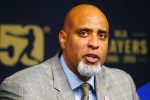Supreme Court Justice Clarence Thomas has said that the Supreme Court will soon have “no choice but to address” how speech is controlled by a few private social media platforms.
Justice Thomas wrote about the power of social media company’s to censor people as the court decided not to review an appeals court ruling that Donald Trump violated the First Amendment by blocking some Twitter users when he was president.
BREAKING: Supreme Court Justice Clarence Thomas finds social media companies do not have First Amendment right to ban protected speech and that Section 230 is unconstitutional
— Jack Posobiec (@JackPosobiec) April 5, 2021
TRENDING: FBI Sends Out Warning Advising Against Buying, Making or Misrepresenting a Vaccine Card Which May Be “Breaking the Law”
“Today’s digital platforms provide avenues for historically unprecedented amounts of speech, including speech by government actors. Also unprecedented, however, is control of so much speech in the hands of a few private parties,” Thomas wrote. “We will soon have no choice but to address how our legal doctrines apply to highly concentrated, privately owned information infrastructure such as digital platforms.”
Justice Thomas noted that Trump had 89 million followers when he was banned in January, and said that the owners of the platforms have too much power.
“Although both companies are public, one person controls Facebook (Mark Zuckerberg), and just two control Google (Larry Page and Sergey Brin),” Thomas wrote.
Politico reports that “Thomas’ opinion amounts to an invitation to Congress to declare Twitter, Facebook and similar companies ‘common carriers,’ essentially requiring them to host all customers regardless of their views. At the moment, the companies have sweeping authority to take down any post and to suspend or terminate any account.”
“It seems rather odd to say that something is a government forum when a private company has unrestricted authority to do away with it,” the justice wrote. “Any control Mr. Trump exercised over the account greatly paled in comparison to Twitter’s authority, dictated in its terms of service, to remove the account ‘at any time for any or no reason.’ Twitter exercised its authority to do exactly that.”
The Politico report continues on to note that “Thomas also suggested that the social media firms could be subject to regulation as public accommodations, although they are already covered by state and federal anti-discrimination laws. The justice didn’t elaborate much on that argument, but he hinted that the platforms’ First Amendment rights could be limited much as business owners can be forced to accept customers regardless of race or religion.”
“Thomas said a major protection for internet firms, known as Section 230, underscores the role of social media companies as common carriers. He also argued that some courts are abusing that provision to immunize “bad-faith” decisions to remove content posted by third parties.”








